Beijing says ‘anti-China forces’ manipulating Anthony Albanese
Beijing responds to the dismissal of a four-point plan issued by Xi Jinping’s senior envoy in order to reset relations.
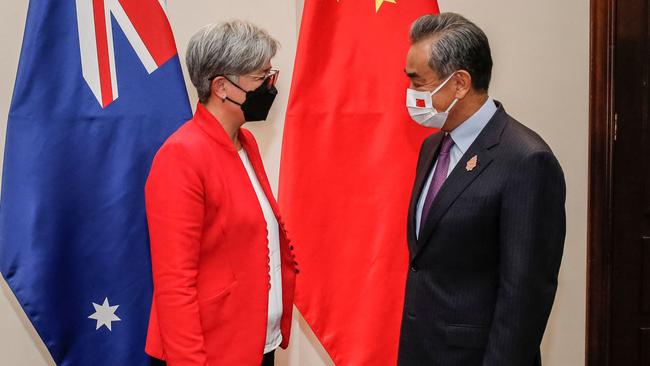
Beijing has said “anti-China forces” were responsible for Prime Minister Anthony Albanese’s dismissal of a four point list given to Australia by Chinese Foreign Minister Wang Yi.
The party-state masthead Global Times said Prime Minister Albanese had yielded to “the unhealthy atmosphere within Australia toward China”, which it blamed on the Morrison government.
“Obviously, some anti-China forces in the US and Australia do not want to see China-Australia relations break the ice,” the Global Times wrote in its lead editorial on Wednesday.
In a separate news-story, the party-state masthead quoted a Shanghai-based scholar of Australia-China relations who worried the Albanese government would “continue competition against China in a more subtle and tactical manner” despite having a “softer tone” than the Morrison government.
Chinese foreign policy experts made similar observations about the Biden administration after Beijing’s attempt to blame the breakdown in US-China relations on Donald Trump failed to change Washington’s policy settings.
China’s Foreign Minister — President Xi Jinping’s second most senior envoy — met his Australian counterpart in Bali on Friday, ending an almost three-year communication freeze imposed by Beijing.
Mr Wang told his Australian counterpart China was now willing to “re-examine and recalibrate” the bilateral relationship “based on mutual respect”.
He also gave her a list of four requirements to improve the relationship: Australia must treat China as a “partner rather than a rival”; the two countries must seek “common ground while shelving differences”; Australia must reject “manipulation by a third party”; and both countries must build “public support featuring positiveness and pragmatism”.
Some in Australia — including James Laurenceson, director of UTS’s Australia-China Relations Institute, fellow UTS professor Wanning Sun and retired diplomat Jocelyn Chey, who worked in Australia’s Beijing embassy in the 1970s and 1980s — have objected to the characterisation of Mr Wang’s “four musts” as “demands”.
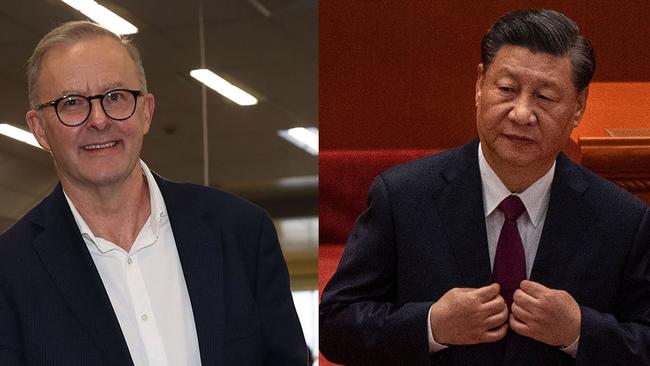
The Global Times agreed in Wednesday’s editorial, writing: “It needs to be emphasised that these ‘four points’ are not ‘demands.’”
In an attempt at clarifying the remarks on Monday, China’s foreign ministry said Mr Wang had “issued a four-point proposal to Australia”.
“We hope that Australia will seize the current opportunity, take concrete actions, reshape a correct perception of China, work with China in the same direction, and reduce liabilities and build positive dynamics for improving China-Australia relations,” Chinese foreign ministry spokesman Wang Wenbin said.
Earlier on Monday, Prime Minister Albanese said Australia “doesn’t respond to demands” when asked about China’s list.
“We respond to our own national interest,” Mr Albanese said on Monday.
In its editorial, The Global Times said Australia’s concern with values made “China feel very strange”.
“We really hope that Australia can truly put its own national interests first, and at the same time we want to point out that it’s up to Australia as to what kind of values it wants to hold and China has no intention of interfering and changing Australia’s values. To be honest, Australia always emphasises this concern, which makes China feel very strange,” the party-state masthead wrote.

It said “Canberra fired the ‘first shot’ in undermining China-Australia relations,” marking the trigger as the Turnbull government’s decision to ban Chinese provider Huawei from Australia’s 5G network in 2018.
“Australia is the first country in the world to ban Huawei and other Chinese suppliers from providing 5G equipment, it has also served as a belligerent voice in provoking China on a series of issues related to Xinjiang, Hong Kong and Taiwan. Which of these actions that harm China-Australia relations is in Australia’s actual interests?” the Global Times wrote.
Australian public sentiment soured profoundly during the almost three years that Beijing imposed its ministerial freeze, black-listed Australian exports worth $20 billion-a-year and imprisoned two Australians, Cheng Lei and Dr Yang Hengjun.
A recent Lowy poll found Australians’ trust in China had plunged to just 12 per cent, down from 52 per cent in 2018.
A separate poll by the Australia-China Relations Institute found a majority of Australians wanted their government to take a “harder line” with China.
The same ACRI poll found almost 60 per cent of Australians surveyed wanted the government to force Chinese company Landbridge to sell the Port of Darwin, which it took control of in 2015. Only 13 per cent of those surveyed disagreed.
A fortnight ago, the Chinese party-state’s other English language masthead China Daily accused Mr Albanese of a “lack of diplomatic nous and poor grasp of political realities”, after he made a link between Russia’s invasion of Ukraine and Beijing’s threats to Taiwan.





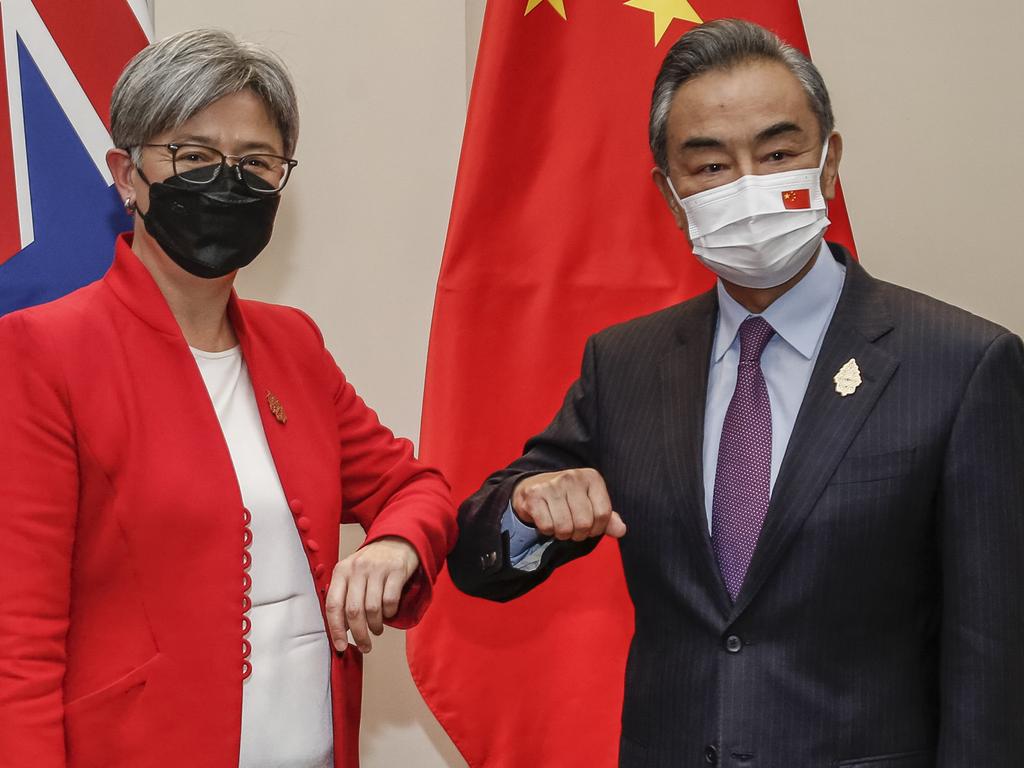
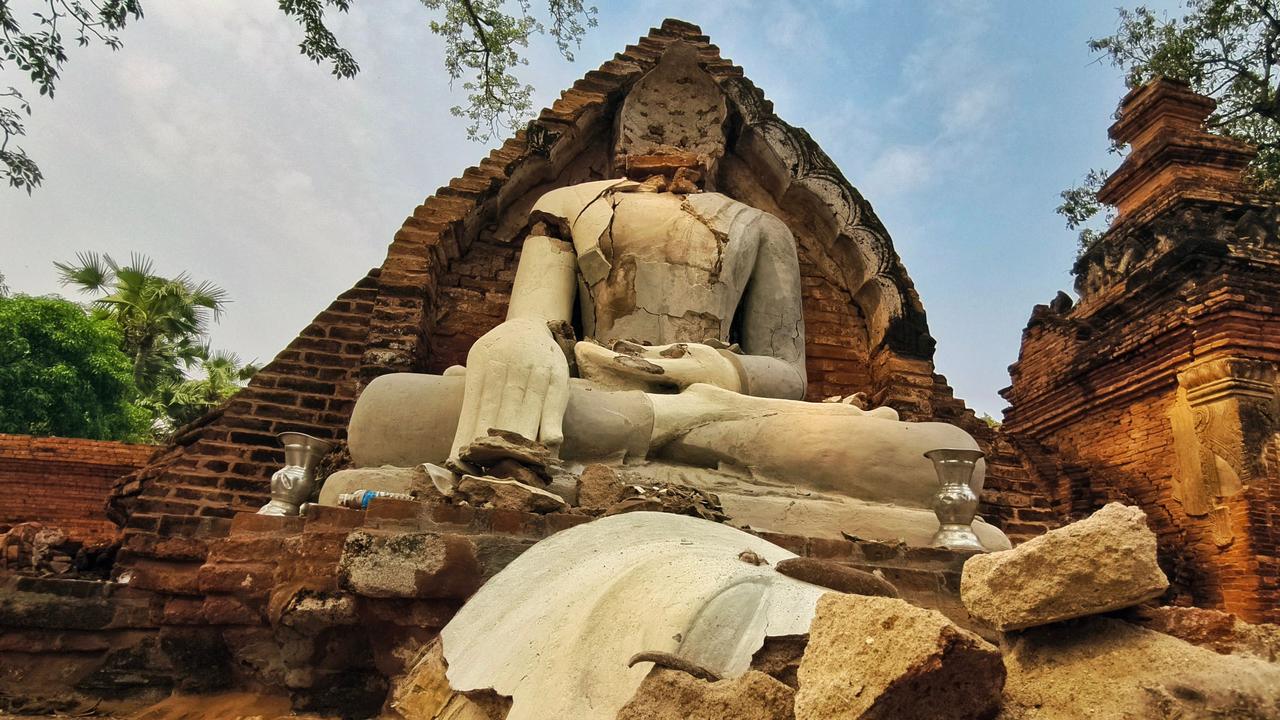
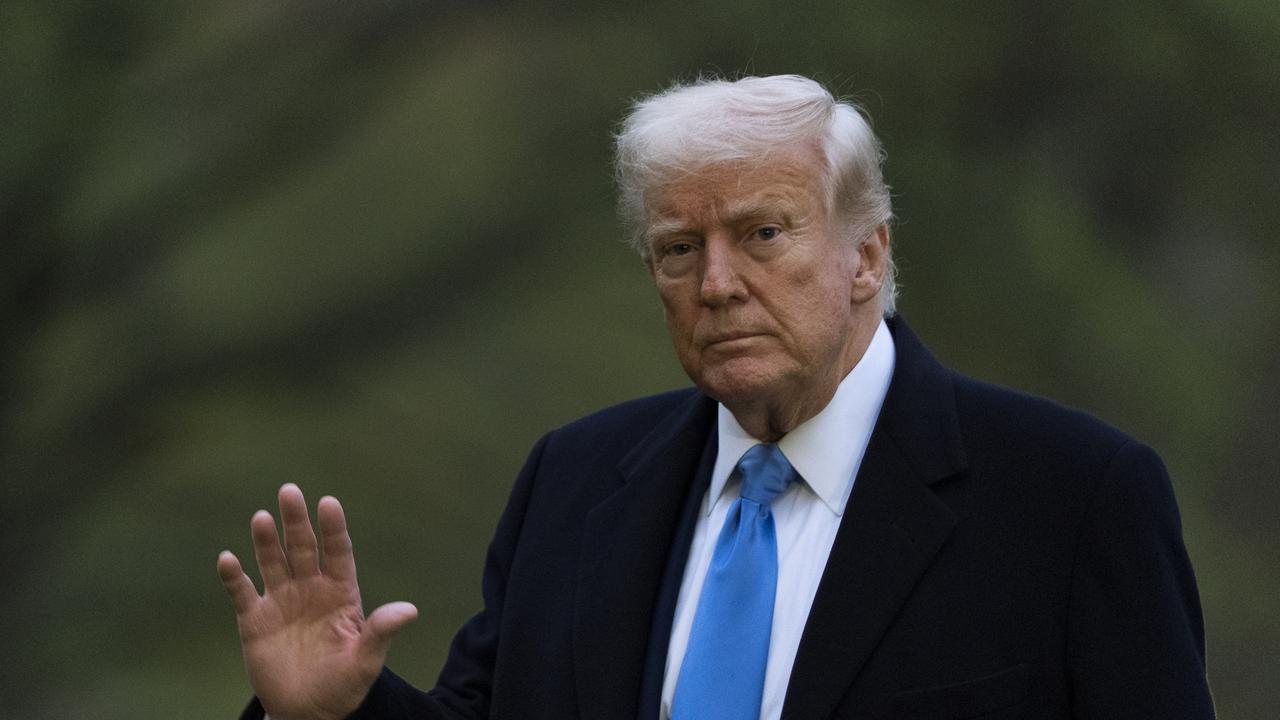
To join the conversation, please log in. Don't have an account? Register
Join the conversation, you are commenting as Logout